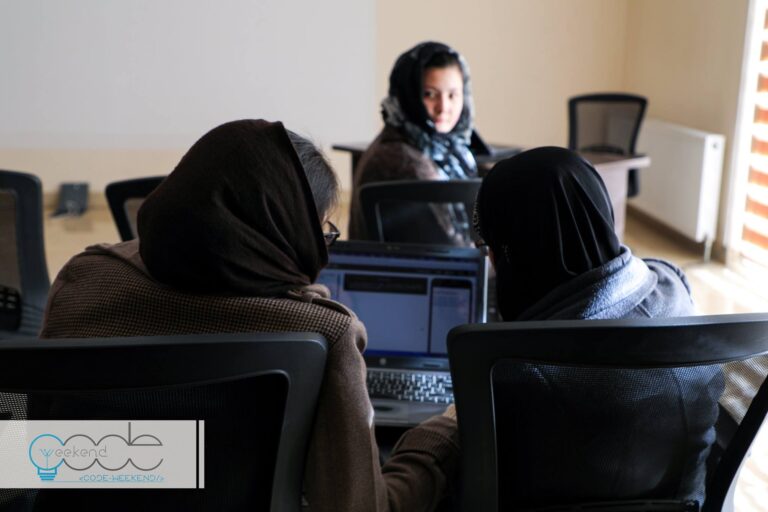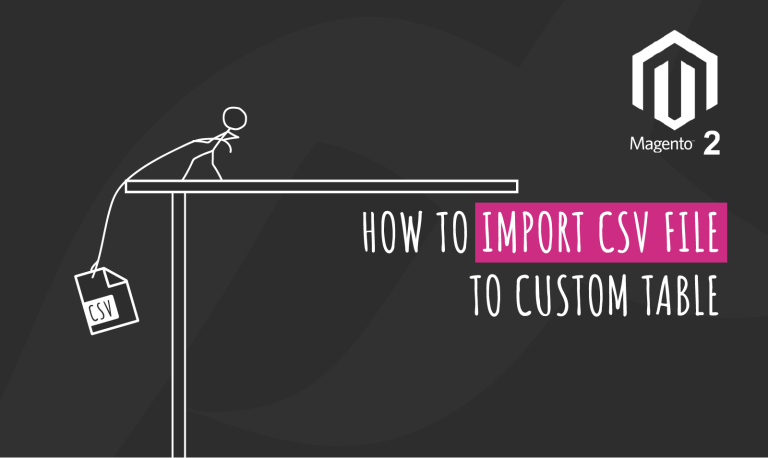It seems very unlikely that any U.S. technology company is breaking U.S. trade rules in doing business with China

PayPal co-founder and tech billionaire Peter Thiel published an opinion piece in the New York Times at the end of the week — ‘Good for Google, Bad for America’ — in a follow-up to his Washington DC speech a couple of weeks ago, during which he called for a probe into Google’s ‘seemingly treasonous acts’.
In the current atmosphere of ‘China fever’ and President Trump’s new trade tariffs, this has naturally gone down rather well in some circles and I’m sure Mr Thiel will be delighted with the publicity.
Thiel’s primary assertion seems to be that Google is fueling Beijing’s military AI ambitions by opening an AI Lab in Beijing (and at the same time, pulling out of its Pentagon AI contract, which it did following pressure from Google staff). He points out that all research carried out in China can be shared with the People’s Liberation Army according to the Chinese constitution and the lines between civil and military research are blurred.
Are Google’s AI collaborations in China worthy of an investigation? That’s up to the U.S. administration to decide. However, it’s hard to blame Google for intentionally developing the China market for commercial gain, if it does so within U.S. trade regulations (which — by the way — look like they’re going to get an overhaul sometime soon) .
If Google — or any of the other U.S. technology companies that have invested in AI R&D in China (Amazon, IBM and Microsoft among them) — are breaking U.S. trade laws, then they would likely have been held to account already — and punitive measures from the U.S. Department of Commerce’s Bureau of Industry and Security can be costly indeed!
Mr Thiel also seems to be aggravated by Google’s focus on being an ‘AI-first’ company and taking that expertise to China. In reality, ‘every man and his dog’ is now claiming ‘AI-first’ and so, even with Google’s immense expertise, it is a little odd that this is a point of contention.
So, is it a question of loyalty and patriotism then? Surely, maximising market share and sales revenues from one of the USA’s primary export markets is about as patriotic as a American firm can get?
If not, please spare a thought for the companies that really fuel productivity in R&D centres, because, if Beijing’s tech R&D centres are anything like their counterparts in Silicon Valley, Coca Cola, Pepsico and Starbucks may be next on the list!
A version of this article was originally published by Carrington Malin in Asia AI News daily email newsletter on 3 August 2019.






